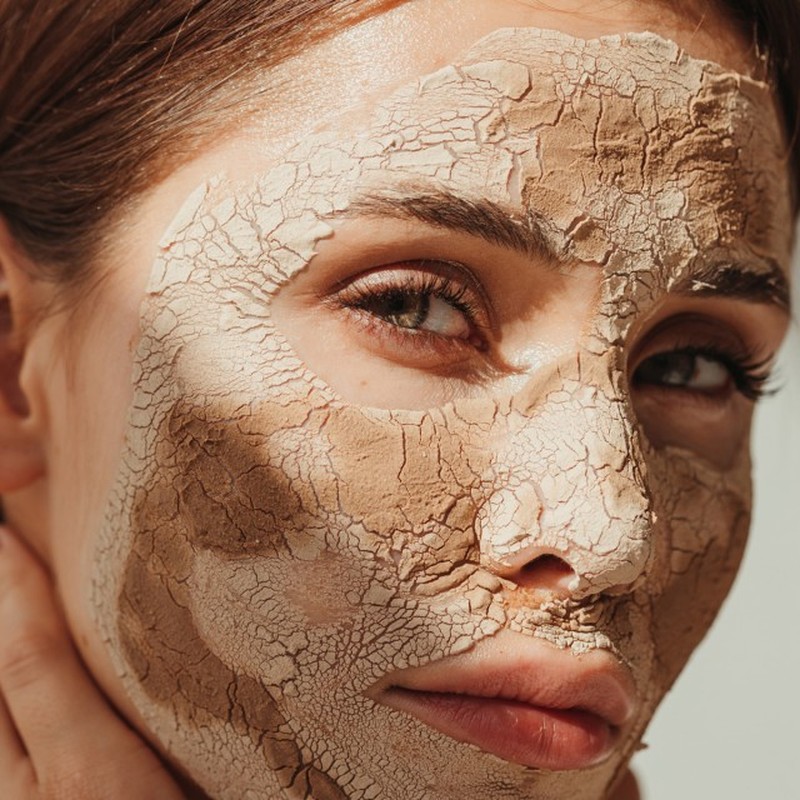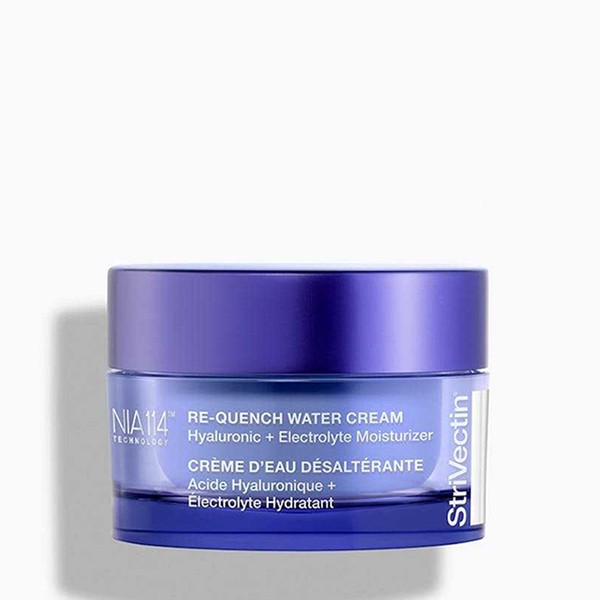Your Skin Barrier Explained
What does ‘skin barrier’ mean?
“I often spend time with patients discussing the importance of maintaining a healthy skin barrier. Every step in your daily routine should be focused on protecting it as when it’s disrupted, this can lead to a number of issues. The skin barrier consists of the stratum corneum – the outermost layer of your skin. It acts like a defensive brick wall, shielding the skin from UV damage, blue light and pollutants. It also stops essential moisture from escaping. To some degree, your skin’s barrier health is determined by your genetics, but it’s also impacted by climate, travel, stress and even your choice of products. These can all alter the rate of water evaporation from the skin, and the rate at which barrier-supportive ceramides are made, which not only causes skin to look and feel dry but also makes it more prone to other damage.”
There’s a real focus in the beauty industry on the skin barrier now – why has it taken this long?
“The skin barrier has always been an important structure in our skin, but for years it’s been misunderstood. Skin science has evolved and recent studies have educated us on the important layers within in our skin, and how they’re so entwined with the overall appearance and health of our complexion.”
So, what are the main functions of our skin’s barrier?
“We’ve touched on the protective role it plays, but it does so much more than this. When it’s functioning correctly, it also protects the body and deeper skin layers from bacterial and chemical irritants. I often describe the skin barrier as your 24/7 security system. Within the barrier layers, you’ll find lots of ceramides and fatty acids – both of which work together to strengthen the skin’s top layer. Within the barrier, there are also epidermal immune cells that act like soldiers on constant guard to protect the skin cells from attack. That’s why a compromised barrier can weaken your skin’s immune function.”
How can you ensure you’re keeping your barrier healthy?
“The best way to keep your skin barrier intact is to ensure that your daily skincare routine is barrier friendly – it’s why you’ll see so many dedicated products lining the shelves nowadays. First and foremost, avoid harsh and overzealous skincare regimes. Your morning routine should begin with a gentle, hydrating and non-stripping cream or gel-based cleanser, which, as well as removing excess oil, debris and bacteria, strengthens and preserves the skin barrier, so it is ready to fulfil its protective ‘day job.’ Look for ingredients like rosehip and glycerin – these offer great barrier protection – and avoid foaming or heavily fragranced cleansers. Fruit acid ingredients can be very aggravating, too. You should follow your cleanse with a rebalancing, antioxidant-loaded toner. I am not a fan of heavy, alcohol-based toners, but a well formulated water-based toner works well to restore skin’s natural PH and ensures effective absorption of anything else that follows.”
Cleansers aside, what else is essential for happy skin?
“Your choice of day serum is crucial. Look for one that’s full of superhero antioxidants, like vitamins C, B, E and ferulic acid. These help to minimise damage that’s triggered by UV rays, blue light and also pollution. Other great barrier ingredients include squalane and hyaluronic acid – these are key moisturisers and, at the end of the day, healthy skin is hydrated skin. If your complexion feels dry and sensitive, skip the vitamin C and use serums loaded with those two ingredients instead.”
What about night-time – should your routine change?
“Barrier protection doesn’t stop at night-time. The key in the evening is to use skincare that heals and soothes. This is because our barrier becomes weaker overnight and therefore prone to moisture loss and sensitivity. With this in mind, I recommend using a nourishing and barrier-supportive night cream. You want to use ingredients that act as building blocks for the repair process at night – that includes peptides, stem cells, retinoids and resveratrol. I recommend vitamin E and squalane, both of which can restore skin’s hydration levels overnight – often, they are best applied as a serum because they’re more active ingredients.”
Is exfoliation to be avoided?
“Yes. Over exfoliation is your skin barrier’s biggest enemy. Its job is to protect your deeper skin layers and your internal organs. Our skin barrier is the protective yet delicate outer layer of skin that creates a ‘wall’ made up of lipids which cement the skin cells – what I call the ‘bricks’ – together. When skin is feeling dry and sensitive, it is highly likely that your skin barrier is compromised. Often people turn to exfoliating products with fruit acids and fruit enzymes, to remove the dry skin but this strips the skin barrier down further and exacerbates things.”
What else can cause irritation?
“Those with dry, inflammatory skin issues, like eczema, often produce fewer ceramides within their skin. This is important as these hold our skin cells – the bricks – tightly together. Nutritional deficiencies can also impair the barrier. For example, low vitamin A, B3, B7 and D levels all play a part. If you think this could be the issue, always seek advice from your GP or healthcare provider. On top of this, harsh skincare routines can strip out natural ceramides. Foaming cleansers, alcohol toners, fruit acid serums and masks – there are so many things that can wreak havoc. If in doubt, shop for products that specifically cater to sensitivities and promise to hydrate.”
Are there any quick ways to reset an off-kilter skin barrier?
“If your skin is red, dry, sensitive or itchy, it’s likely you’ve got a compromised barrier. Look for products that specifically cater to your barrier as these are what will help aid its recovery. Strip your products right back to the basics. Stop double cleansing and using foaming products, avoid alcohol-rich toners and ensure your serums are really hydrating. If your skin is inflamed, now is a good time to press pause on the high-strength actives in serums – such as fruit acids and vitamin C. Knowing that the skin barrier relies on ceramides to hold the skin cells together, look for serums and moisturisers that contain lots of them. These will form a protective layer to help prevent moisture loss and damage to your skin. They can be used day or night and are suitable for all skin types. Finally, niacinamide-rich formulas are worth trying as well. A B vitamin, it’s full of barrier-boosting properties and helps to increase our natural ceramide production.”
Do you think everyone should follow a ‘less is more’ approach?
“If your skin barrier is compromised, you should absolutely take a less-is-more approach. Have a simple and structured routine and integrate ingredients like ceramides, peptides, squalane, glycerin and hyaluronic acid. Your serums and moisturisers are what matters the most. Take everything back to basics and cut out anything that could be causing aggravation. Simple is best.”
Follow @DrAJSturnham & discover her skincare line Decree here.
Shop Our Skin Barrier Picks Below
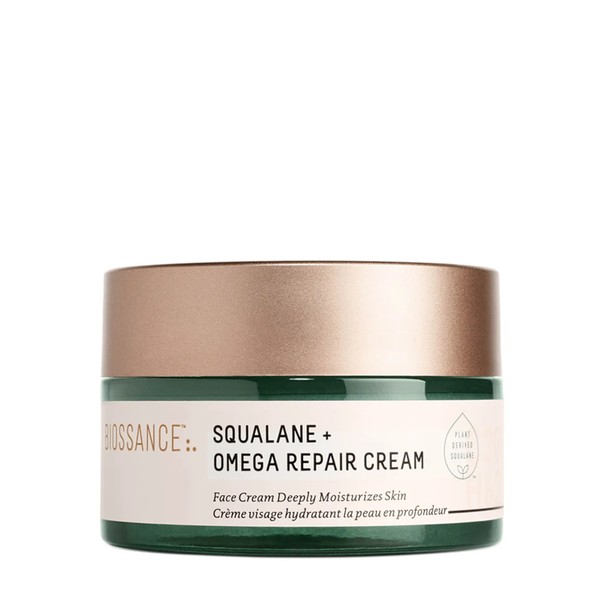
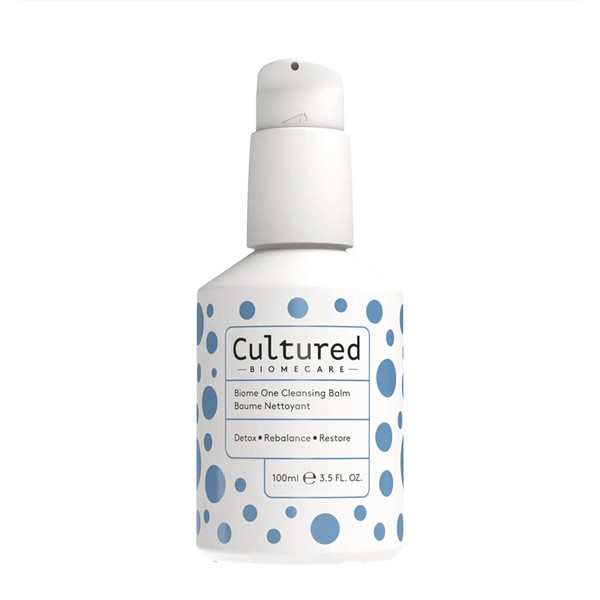
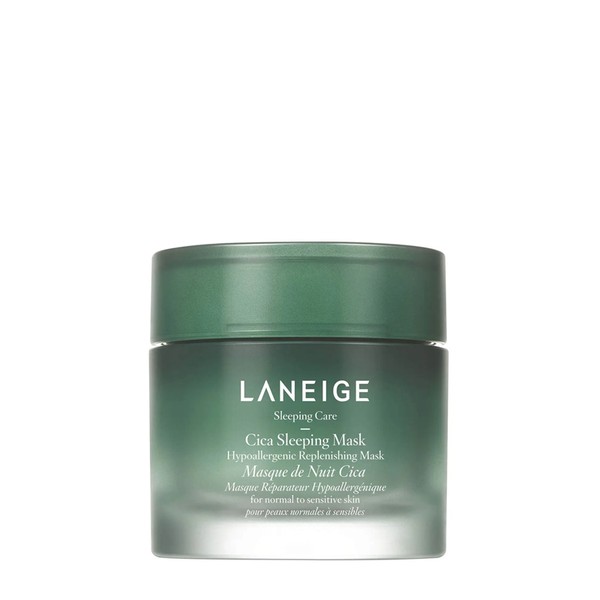
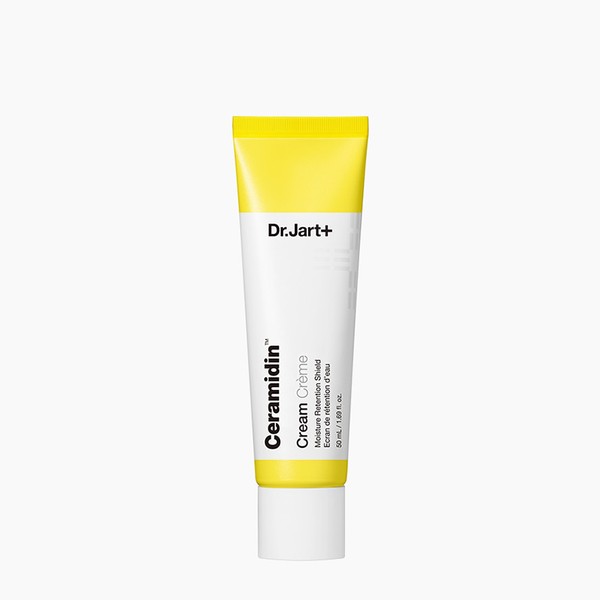
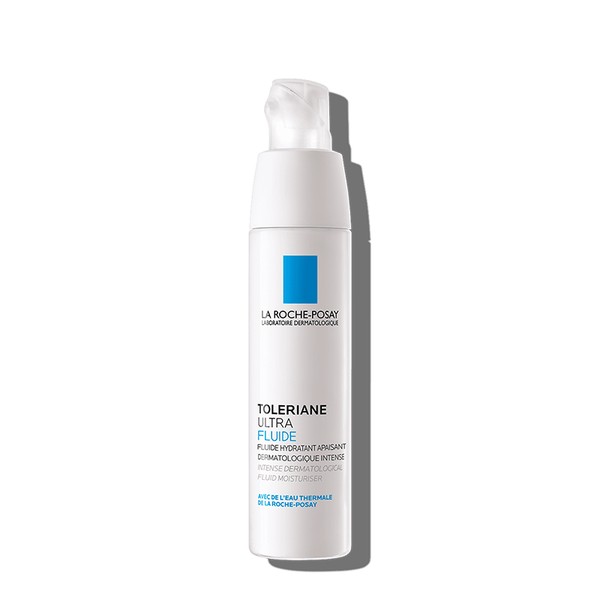
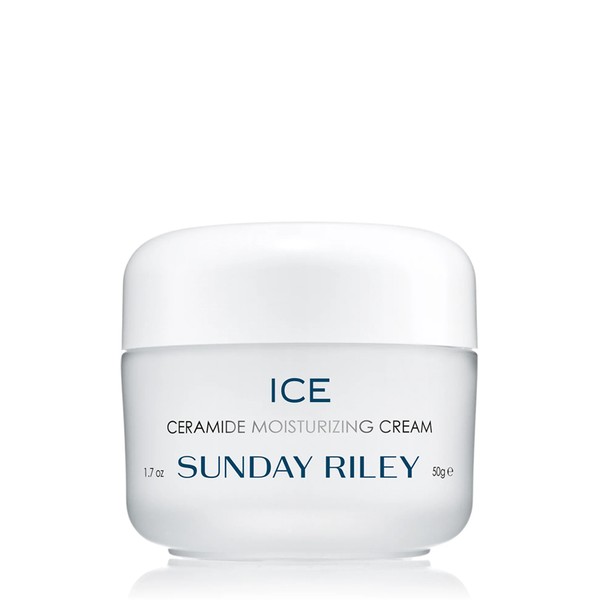
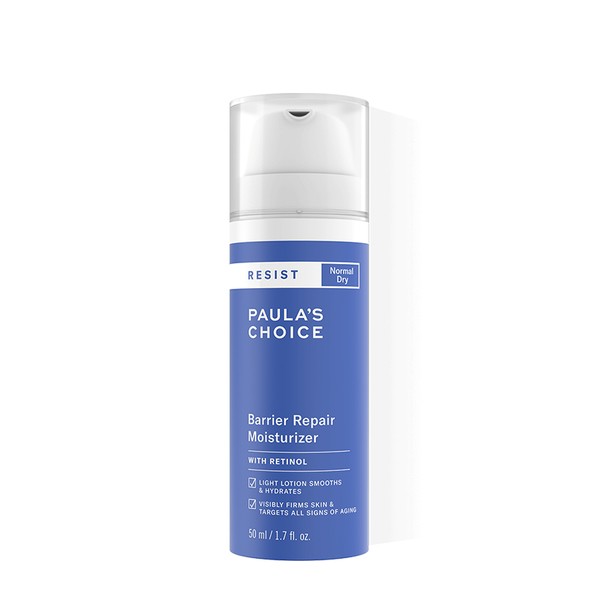
DISCLAIMER: We endeavour to always credit the correct original source of every image we use. If you think a credit may be incorrect, please contact us at info@sheerluxe.com.
